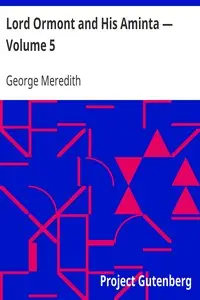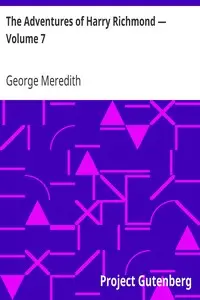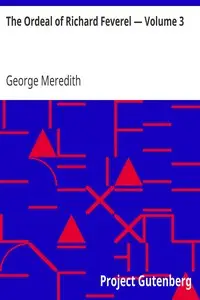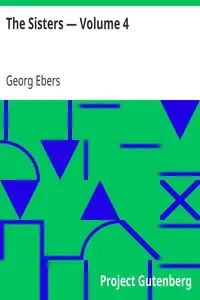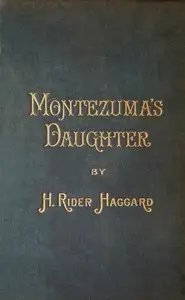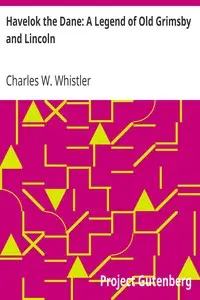"Vittoria — Volume 6" by George Meredith is a historical story set in Italy that takes place during a time of revolution, diving deep into the complexity of people's feelings about their country as they deal with war and difficult personal choices. It follows Wilfrid Pierson, a determined character, and the mysterious Rinaldo Guidascarpi as they try to stay true to what they believe in while big political changes happen around them. Right away, readers are thrown into the middle of Milan during the Tobacco Riots, with lots of tension in the air as people argue against the tobacco use being forced on them by others who have taken over their land. Wilfrid gets mixed up in everything when he meets Rinaldo and a woman working at a cigar shop, which shows just how separate the Italian people are from the Austrians. Then the story shows the harsh fighting breaking out in the streets and how it affects everyone, soldiers and regular people all the same. Wilfrid goes through dangerous times and has to make hard choices about what's right, setting the scene for a story filled with revenge, loyalty, and the sacrifices people make during a revolution.

Vittoria — Volume 6
By George Meredith
Amidst violent riots and political unrest in Italy, a man confronts both physical dangers and moral dilemmas, forcing him to question everything he thought he knew about loyalty and sacrifice.
Summary
About the AuthorGeorge Meredith was an English novelist and poet of the Victorian era. At first, his focus was poetry, influenced by John Keats among others, but Meredith gradually established a reputation as a novelist. The Ordeal of Richard Feverel (1859) briefly scandalised Victorian literary circles. Of his later novels, the most enduring is The Egoist (1879), though in his lifetime his greatest success was Diana of the Crossways (1885). His novels were innovative in their attention to characters' psychology, and also portrayed social change. His style, in both poetry and prose, was noted for its syntactic complexity; Oscar Wilde likened it to "chaos illumined by brilliant flashes of lightning". Meredith was an encourager of other novelists, as well as an influence on them; among those to benefit were Robert Louis Stevenson and George Gissing. Meredith was nominated for the Nobel Prize in Literature seven times.
George Meredith was an English novelist and poet of the Victorian era. At first, his focus was poetry, influenced by John Keats among others, but Meredith gradually established a reputation as a novelist. The Ordeal of Richard Feverel (1859) briefly scandalised Victorian literary circles. Of his later novels, the most enduring is The Egoist (1879), though in his lifetime his greatest success was Diana of the Crossways (1885). His novels were innovative in their attention to characters' psychology, and also portrayed social change. His style, in both poetry and prose, was noted for its syntactic complexity; Oscar Wilde likened it to "chaos illumined by brilliant flashes of lightning". Meredith was an encourager of other novelists, as well as an influence on them; among those to benefit were Robert Louis Stevenson and George Gissing. Meredith was nominated for the Nobel Prize in Literature seven times.









